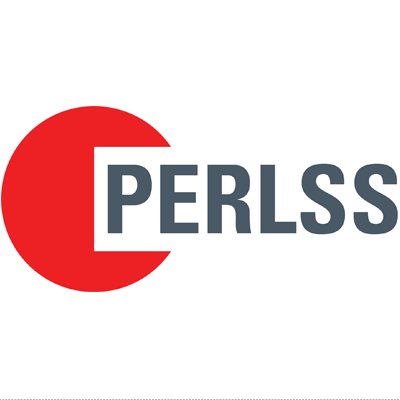Want to better understand how the health and social systems work and how you can better advocate for changes that would improve these systems for you and your family? Enhance your knowledge with one of our free courses for citizens:
Finding and using research evidence: A guide for citizens
In this free online course, you’ll be provided with solutions to overcome the most commonly cited frustrations people have when trying to access research evidence. Prepared by the McMaster Health Forum with support from the Ontario SPOR SUPPORT Unit, the course is now available online as a set of eight videos:
Here are helpful resources that are drawn on in the course:
- Definitions for word and phrases used in the modules
- How to make sure health information is trustworthy
- Links to online sources mentioned in the modules
Don’t miss the most important resource for citizen-targeted evidence about healthy aging:
Understanding how to navigate the health system
Knowing how your health system works will better you to navigate the system, identify opportunities to make things better, and advocate for changes that you’d like to see. This free online course describes the 'building blocks' of Ontario’s health system as well as how those building blocks are used to provide care in the province in different ways (e.g., by sector, condition, treatment, population). While Ontario is the example, these principles are useful to understanding health systems other jurisdictions in Canada and internationally.
Prepared by the McMaster Health Forum with support from the Ontario SPOR SUPPORT Unit, the course is now available online as a set of six videos:
Here are helpful resources that are drawn on in the course:
- Free download of chapters from Ontario’s Health System: Key Insights for Engaged Citizens, Professional and Policymakers. The Ontario book is also helpful in understanding other health systems
Don’t miss the most important resource for citizen-targeted evidence about healthy aging:
Masterclass on patient-oriented research
The Forum’s masterclass was designed to prepare future champions for the conduct and use of patient-oriented research and future mentors to others becoming involved in the conduct and use of patient-oriented research. While we are not currently planning any sessions for the masterclass on patient-oriented research, you can access all of the course material to learn more about patient-oriented research.
Adapting policy-support mechanisms to help achieve the non-health SDGs
While evidence-informed policymaking approaches have helped drive progress in many health systems around the world, a new partnership among the Forum, its partners in 13 countries, the Hewlett Foundation, and Canada’s International Development Research Centre, is now setting its sights on social systems and the non-health Sustainable Development Goals (SDGs). The Partners for Evidence-driven Rapid Learning in Social Systems (PERLSS) network will launch 1 December.
“The SDGs are an ambitious agenda, aiming to improve global outcomes across a range of social and economic development issues,” said John Lavis, Director of the McMaster Health Forum and Forum+. “We’re hoping to help support the achievement of the non-health SDGs using best evidence, citizen values and stakeholder insights.”
The objectives of the PERLSS network are to: 1) pilot and refine mechanisms to: support evidence-informed policymaking about social systems and the Sustainable Development Goals; 2) strengthen target organizations’ institutional capacities and join up model examples of policy-supporting organizations, and build a community of practice to support institutional lesson-learning across contexts and issues.
A meeting of the PERLSS partners was held in Johannesburg, South Africa in late September to finalize the initial three-year plan for the partnership. Attending the meeting in South Africa were representatives from:
- Africa Centre for Evidence, University of Johannesburg (South Africa)
- Centre of Studies and Research, Ministry of Health (Oman)
- Centre for the Development of Best Practices in Health (Cameroon)
- Ebonyi State University (Nigeria)
- EPPI Centre, UCL Institute of Education, University College London (United Kingdom)
- Ethiopian Public Health Institute (Ethiopia)
- Foundation for Scientific and Technological Development in Health (Brazil)
- Knowledge to Policy Center, American University of Beirut (Lebanon)
- Lanzhou University (China)
- Makerere University (Uganda)
- McMaster Health Forum (Canada)
- Ministry of Health (Burkina Faso)
- Subsecretaría de Salud Pública, Ministry of Health (Chile)
- Universidad de Antioquia (Colombia)
At the meeting, participants fine-tuned the partnership’s theory of change and performance metrics and developed country-level implementation plans.
One of the resources that will figure prominently in the work of PERLSS is Social Systems Evidence. This free online repository of pre-appraised, synthesized research evidence will soon contain more than 2,000 systematic reviews. The reviews can be used to strengthen 16 government sectors and program areas and achieve 14 of the 17 Sustainable Development Goals.
“We look forward to working with our partners to build capacity and demand for evidence-informed policymaking,” said Lavis.
- McMaster Forum

